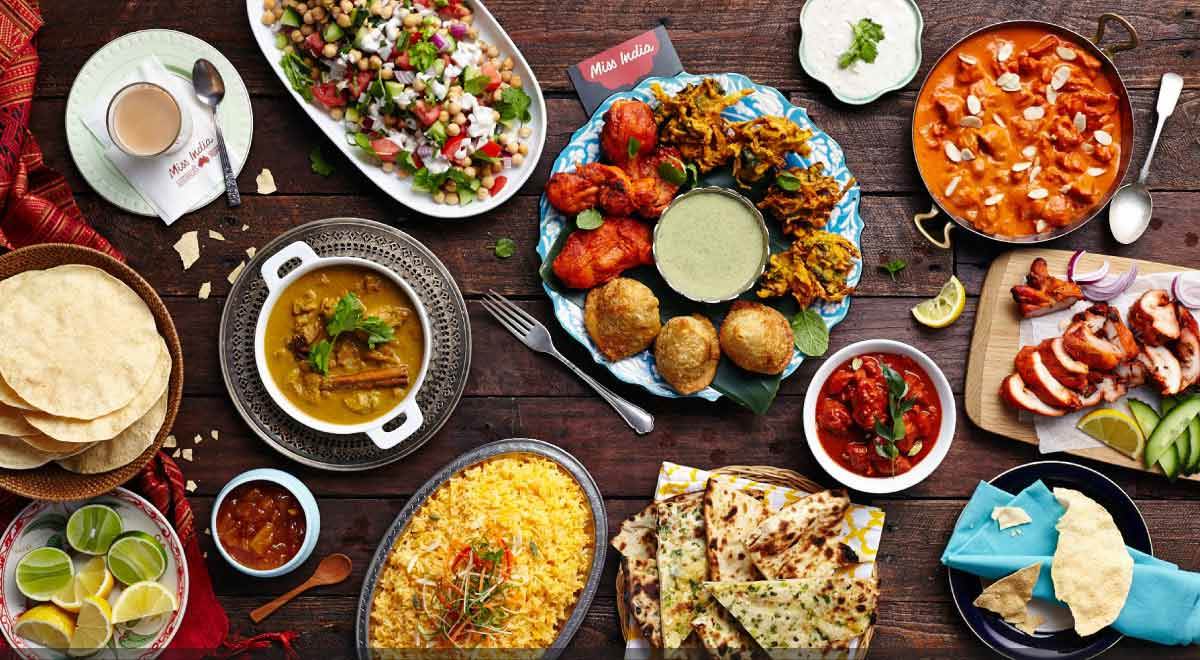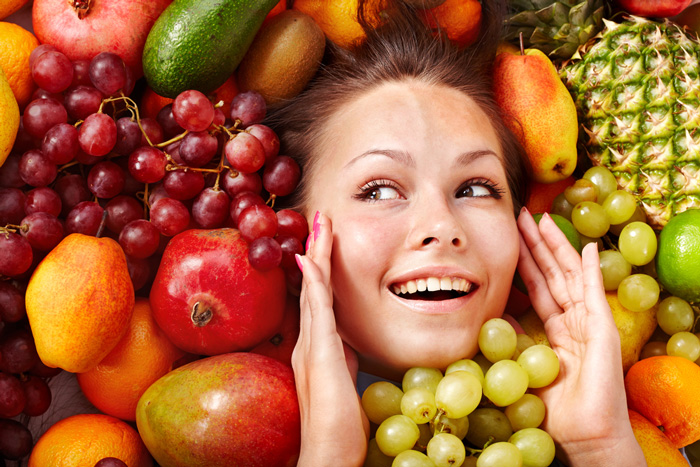What’s the Meat of Your Diet: A Personal Account of Vegetarianism
Whenever I tell my friends I’m a vegetarian, they chuckle and pass me off as one of Berkeley’s “tree-hugging, liberal hippies.” When they ask me if my decision is for health or moral reasons, I answer both. So, what moral reasons? I don’t only attest to animal cruelty. While I oppose animal cruelty in meat processing, I don’t consider myself a fierce animal lover. Dogs and butterflies still scare me on my morning jog. If I’m not all that into animal welfare, what health and “moral” reasons do I have for becoming a vegetarian?
Socialized with an environmentally friendly background, I made the conscious decision to alter my eating habits last summer after reading Jonathan Safran Foer’s Eating Animals. This work of nonfiction follows Foer’s decision and reasons to become a vegan after the birth of his first son. In the book, Foer explores not only animal cruelty but also the political ramifications of a meat-heavy diet. What I learned was that what you eat affects not only your health but also social and environmental conditions around you.
Advantages of a Vegetarian Diet
My purpose in this entry isn’t to force my agenda onto anyone. Instead, I’d like to parse out some facts so that readers can make informed dietary choices that have very real health and social consequences. So what are the benefits of abstaining from meat? Here are the facts.
- Highly Nutritious: If you make the best out of a vegetarian diet full of fruits and veggies, you get great amounts of fiber, antioxidants, vitamins C & E, magnesium, and folic acid, among other nutrients.
- Relatively Hygienic: In comparison to processed meat, vegetables and fruits are a lot cleaner. At the time of consumption, 98% of meat contains bacteria like Campylobacter or Salmonella. Additionally, the meat industry also consumes about 80% of all antibiotics. These all end up in your body.
- Very Sustainable: Meat processing contributes greatly to the release of greenhouse gases into the atmosphere, which affects the quality of the air that we breathe. About 14 to 22% of the 36 billion tons of greenhouse gases produced every year is due to meat processing.
- Socially Just: Many slaughterhouse workers are illegal immigrants who are often severely underpaid, poorly treated, and deeply afraid of litigation if they speak up against a job that deteriorates their well-being.
Disadvantages of a Vegetarian Diet
Vegetarianism gets a lot of baggage, and there is a degree of truth to what meat-lovers say about a vegetarian diet.
- Nutritiously Deficient: One of the most pressing concerns when it comes to adopting a vegetarian diet is the deficiency in protein and iron, which primarily come from meat. Of course, there are many alternatives, but one must be selective and attentive to get the best out of a vegetarian diet.
- Relatively Expensive: Meat alternatives are expensive and are often high in sodium. Another factor to take in consideration is that fresh fruits and vegetables can spoil easily, although they’re much more nutritious than cheaper foods filled with preservatives.
- Less Choice: Unless you’re dining out at a vegetarian or vegan joint, vegetarian options are either minimal or absent.
Closing Note
The situation is tricky. Can you just tell people to stop eating meat and expect social justice, environmental, and health concerns to go away immediately? Probably not. Worker exploitation is still rampant in the agribusiness industry outside of meat processing. Many people rely on the industry to raise their families, and telling them to stop working with it is absurd. Getting fruits and vegetables thousands of miles away still releases CO2 into the atmosphere. A lot of our produce is still filled with pesticides and chemicals that reduce its nutrition. The complexity of the situation calls for complex and developing answers from politicians and scientists. In the meantime, it wouldn’t hurt if we all made more informed choices about what we choose to eat.
Article by Stacey Nguyen
Feature Image Source: Vegetarian Nation
























